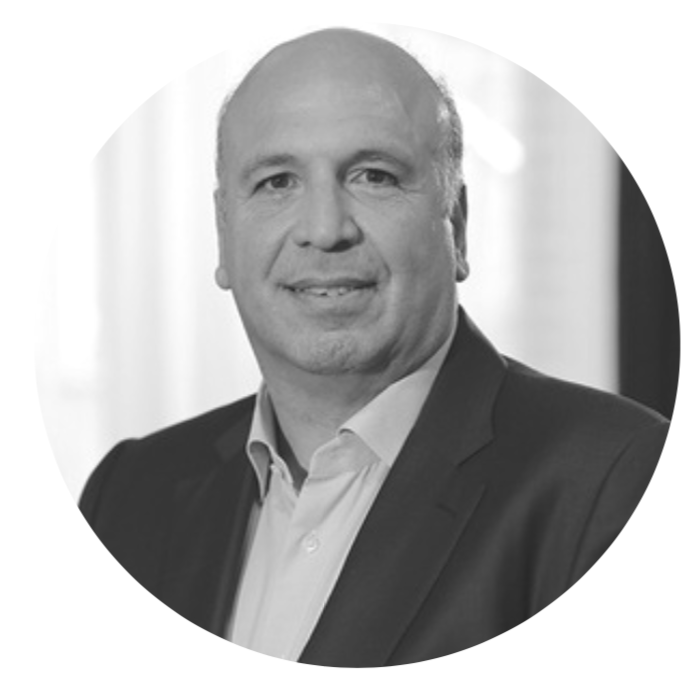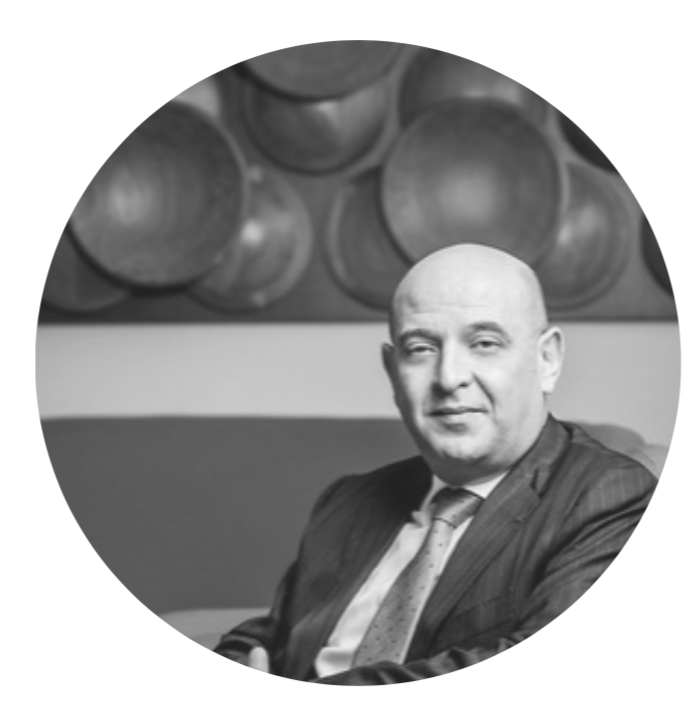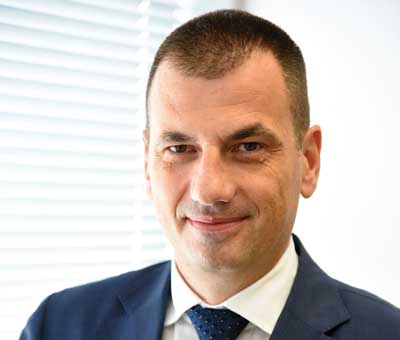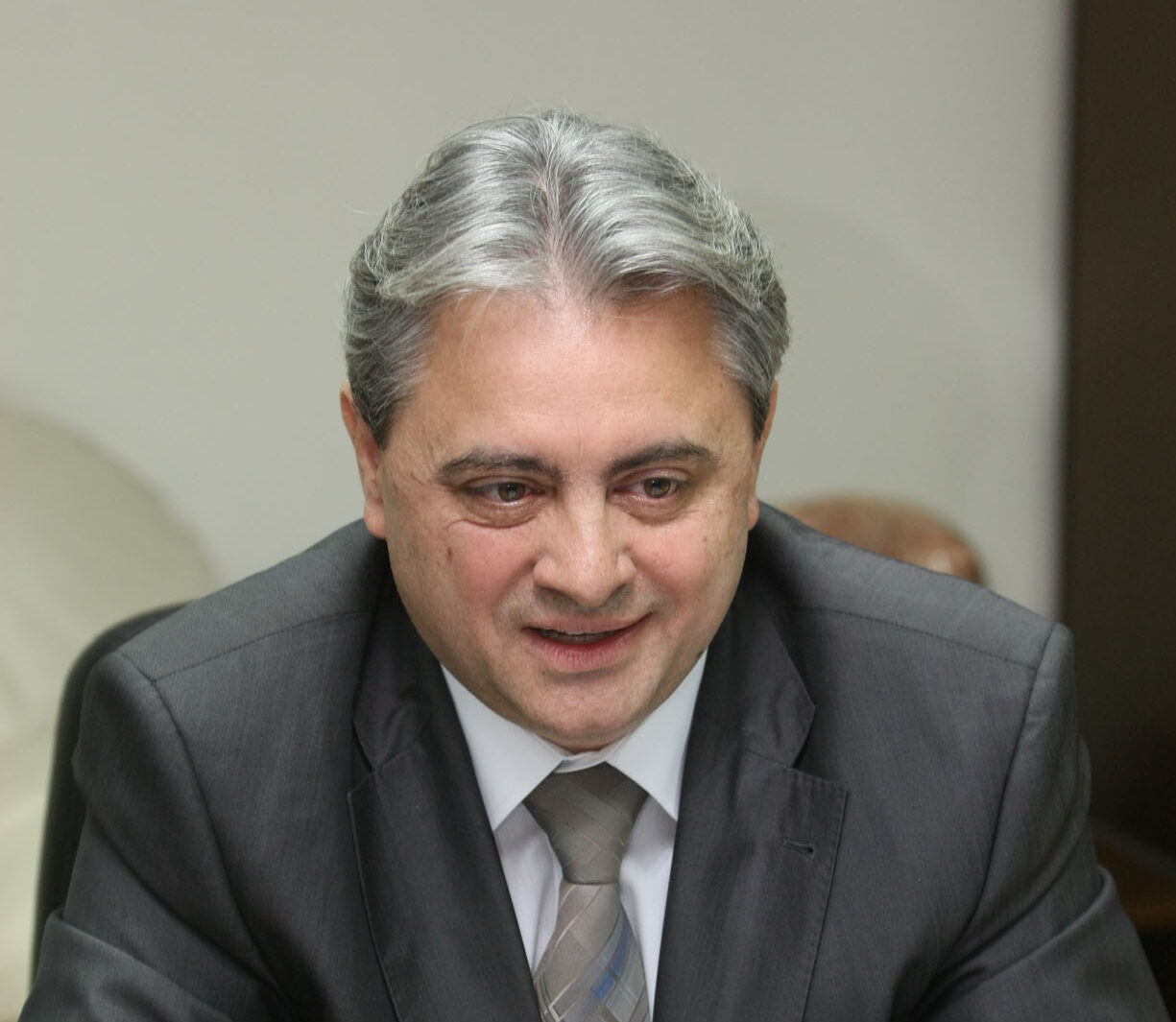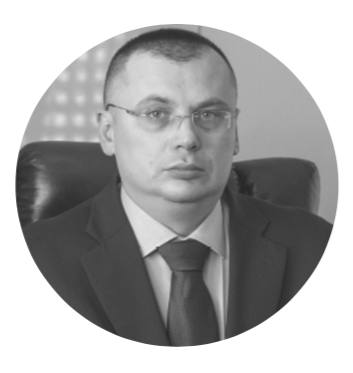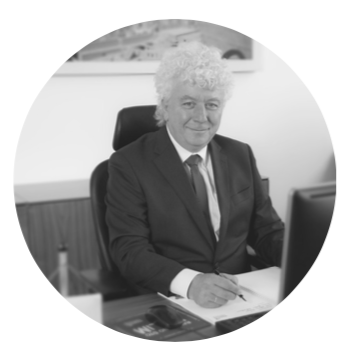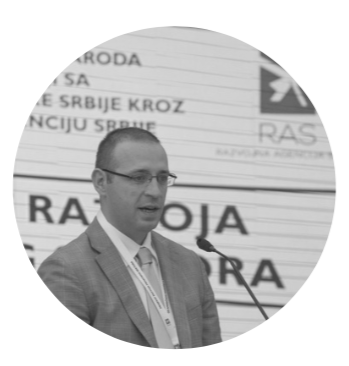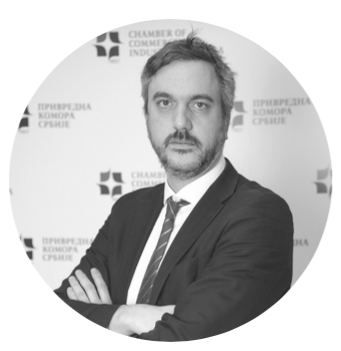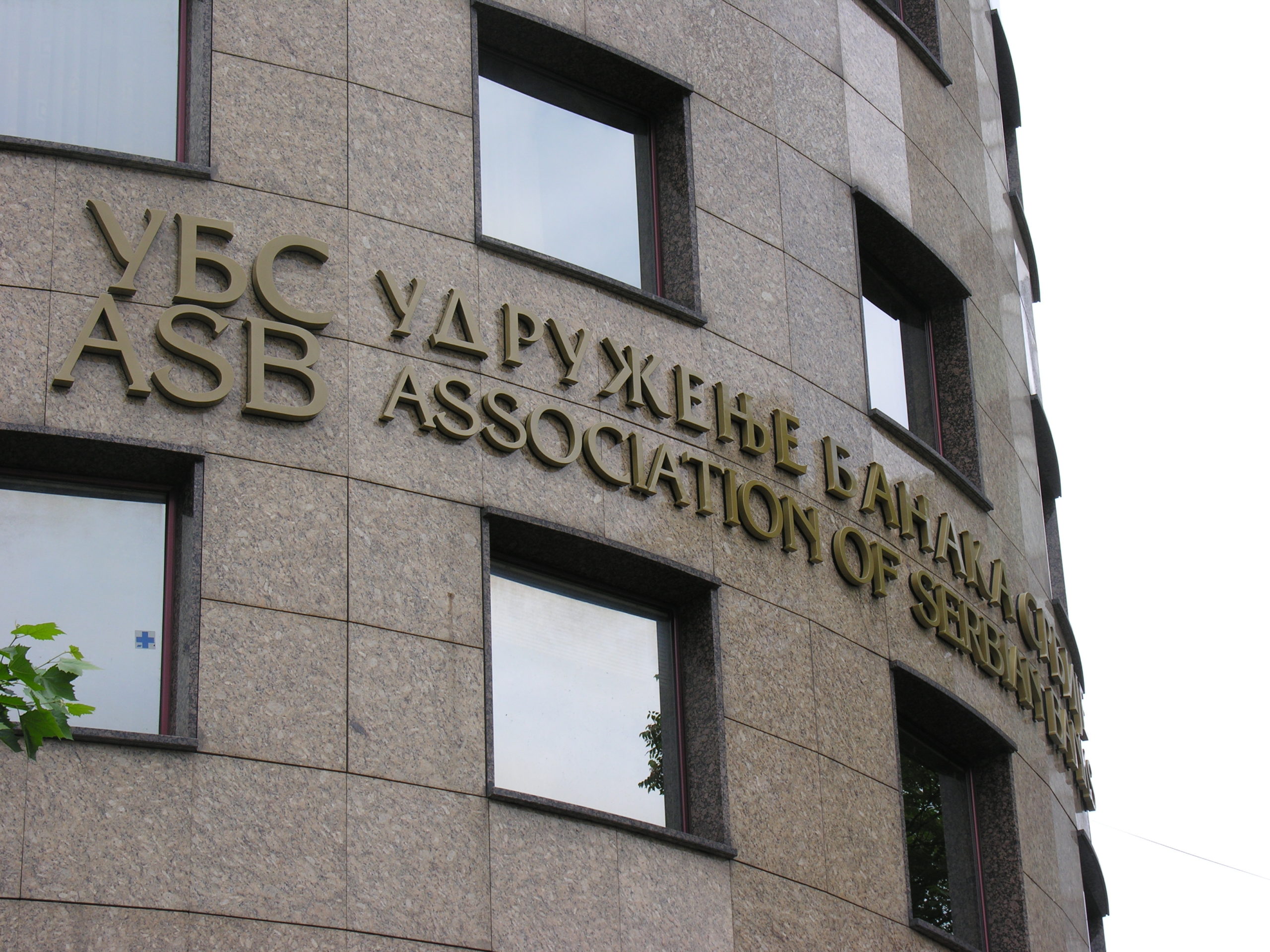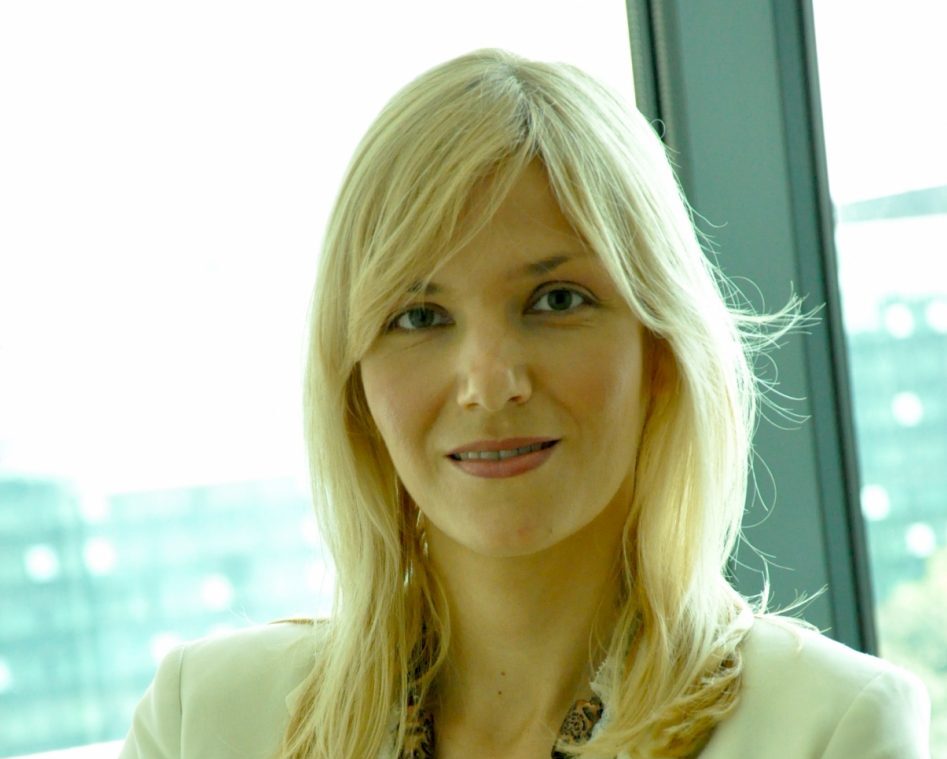Aebi Schmidt Group’s Remarkable Expansion Journey

The road to global success for Aebi Schmidt Group began over 140 years ago in the historic Swiss town of Burgdorf. In this town, the Group’s oldest brand, Aebi, was first established as a mechanical workshop for agricultural machinery. Schmidt, the second oldest brand under the Group’s umbrella began as a small factory in Germany focusing on snowplows. Since its modest origins in the Swiss and German countryside, Aebi Schmidt Group has undergone a remarkable transformation. With a focus on elevating local innovation to a global scale, it has experienced substantial growth, and following a multitude of international acquisitions, Aebi Schmidt Group now stands as a globally oriented enterprise.

Group CEO
Aebi Schmidt Group
In recent years, under the stewardship of Group CEO Barend Fruithof, Aebi Schmidt Group experienced a particularly notable evolution. The company focused on being a solution provider and diversifying its portfolio, specializing in purpose vehicles for winter service, street and surface cleaning, and agriculture maintenance. By leveraging industry expertise, the company curated a comprehensive product range designed to maintain critical infrastructures and address the complexities of challenging terrains, from state-of-the-art snowplows to advanced street sweepers. Throughout this period, the company also sped up its geographical reach while maintaining a steadfast commitment to innovation, quality, and a focus on customer-centric solutions.
In addition to product diversification, Fruithof also focused on the expansion of the Group’s global footprint. He spearheaded efforts to establish a consolidated presence in America, and proudly stated, “We now have a robust presence in the USA that today accounts for 53% of our revenue, followed by 44% in Europe, and a modest 3% in other regions.”
This impressive growth trajectory was bolstered by acquisitions, facilitated by Switzerland’s favorable financing environment allowing the company’s headquarters to secure the necessary funding for its expansion. Fruithof mentioned, “Through strategic partnerships and targeted investments we’ve tripled Aebi Schmidt’s revenue across the last seven years.”
Since its inception, the Group has acquired various brands originating from different countries such as Arctic, ELP, Monroe, and Towmaster, adding to its portfolio. The Group also has a strong U.S. heritage with multiple companies under the Group’s umbrella stemming from the states. For instance, MB was founded in Wisconsin in 1907, Meyer in New York in 1926, and Swenson in Illinois in 1937. Aebi Schmidt Group’s most recent acquisition was the snow products business of Wisconsin-based Oshkosh Corporation.
In addition to acquiring innovative brands and businesses, the Group continuously invests in R&D. In the USA, the company hosts a robust R&D competence center dedicated to advancing its airport equipment and winter maintenance technologies. It is the leading provider in the airport maintenance sector for snow clearance, de-icing equipment, and control systems technology. Meanwhile, in Germany, Aebi Schmidt’s sweeper business thrives under the expertise of its specialized competence center, engineering extremely quiet, compact, and robust sweepers designed for everyday cleaning operations in urban areas. It also focuses on winter maintenance. Notably, the heart of its agricultural innovation still beats in Switzerland, where the company’s agricultural competence center drives forward-thinking solutions for the maintenance of extreme slopes. Fruithof summarized this stating, “Thanks to these R&D centers, our pipeline brims with innovative products, services and solutions.”
Fruithof expanded, “As we pave the way forward for Aebi Schmidt in the USA, our focus is crystal clear – to seamlessly integrate our cutting-edge technologies. Take for instance our European compact sweepers which are already making strides in cities like Charlotte and New York. The demand is surging, yet our challenge lies in meeting the demand. Currently, we ship these machines from Europe, but soon, we’ll be manufacturing them in the USA. The potential is immense, especially as we champion sustainability with solutions like our electrically-driven compact sweeper Cleango, which is taking center stage this year.”
Aebi Schmidt Group’s electric Cleango is improving maintenance practices in an era where sustainability and electrification are at the forefront. Designed to enhance efficiency, the newly electrified Cleango can empower municipalities to reduce the number of trucks required for service. Thanks to its high suction power it minimizes the overall work hours needed to clean designated areas. Improving efficiency coupled with the environmentally friendly engine, innovative engineering, and low costs over the product’s life cycle all ensure sustainability.
Speaking of future ambitions, Fruithof added, ”We aim to further grow our business in the USA by another 10-15% over the next year. The USA has been a welcoming environment for us, and we’ve been grateful for the support and assistance we’ve received. The local authorities, alongside the Swiss embassy, played pivotal roles in facilitating our development. Their pragmatism and efficiency were instrumental, exemplified by the swift approval and establishment of our facility in Chilton, Wisconsin within a mere 18 months—a process that could have taken years in Europe. This speed was pivotal in realizing our growth ambitions.”
He continued, “Americans appreciate Swiss quality standards and our robust financial management practices. We’re delighted with our progress, owing much to the loyalty and support of the people we’ve encountered. Rest assured, we remain committed to further investing in the USA.”
In the dynamic business world, Swiss leaders like Fruithof inspire their global operations with vision, a commitment to excellence, and sustainable long-term growth, showcasing a legacy of innovative leadership.



